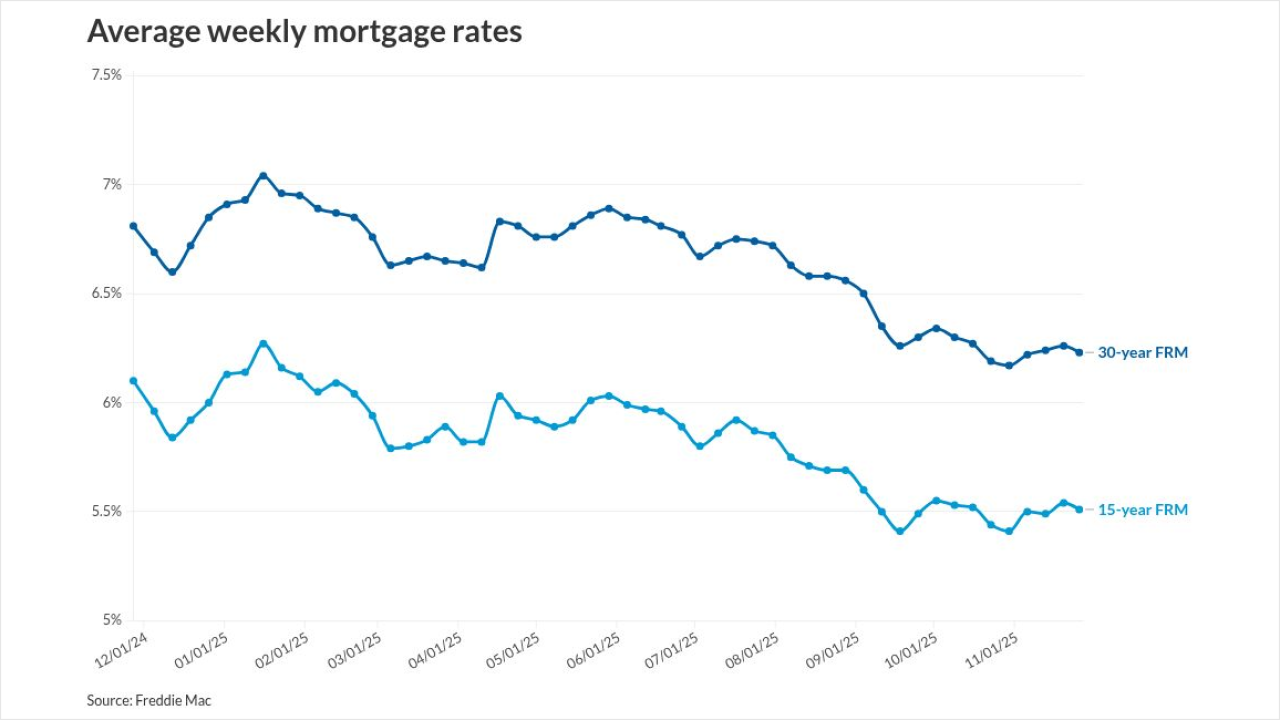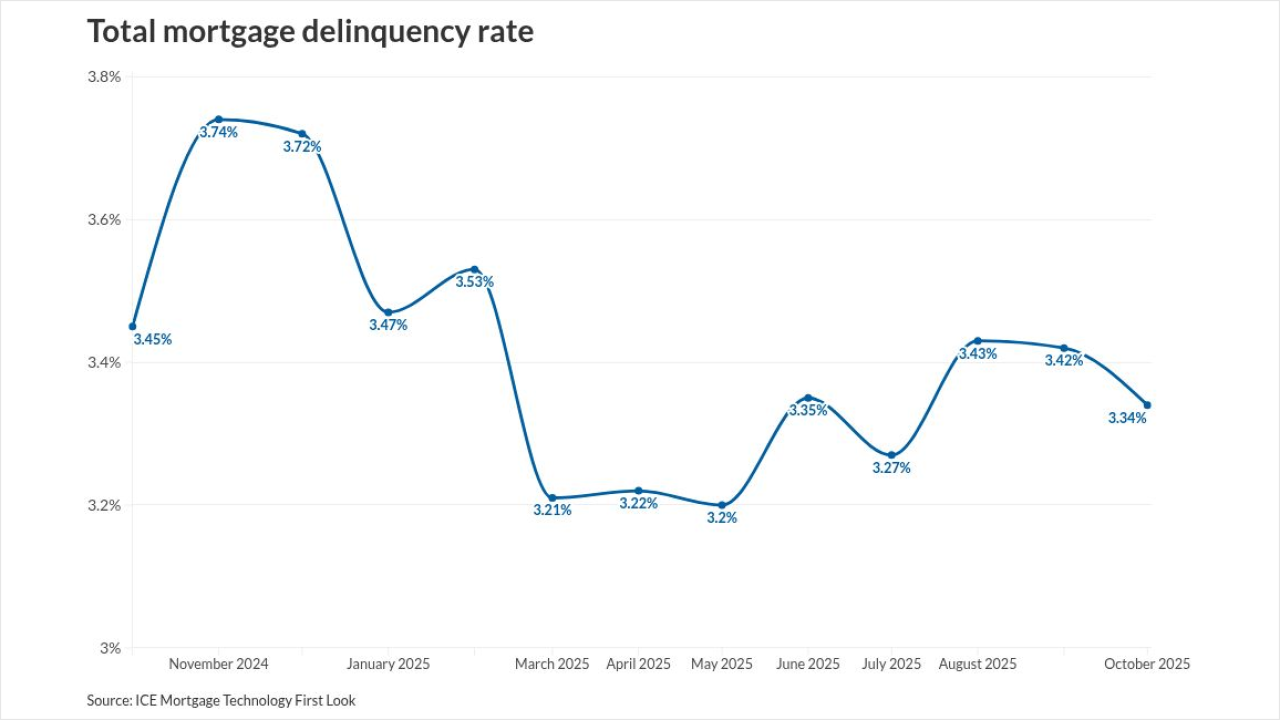A coalition of Democratic-led states sued federal bank regulators on Tuesday over recently enacted rules that hinder states’ power to cap interest rates on consumer loans.
The lawsuit accuses the Office of the Comptroller of the Currency of unlawfully attempting to facilitate predatory lending by defanging state usury laws. That argument has parallels to the claims that various states made against federal banking regulators during the run-up to the subprime mortgage crisis.

In October, the OCC
The new rule could undermine legal arguments that attorneys general in blue states have long made in an effort to prevent nonbanks from using bank partnerships as a way to evade their states’ usury caps. National banks have the authority to export their home states’ usury laws across state lines.
The concern of officials in states like New York, which has some of the strictest usury laws in the country and is leading the coalition of states that sued the OCC, is that banks headquartered in states with laxer rules will be used to enable predatory lending. The lawsuit filed Tuesday describes these partnerships as "rent-a-bank" arrangements.
“Rather than stem the tide of exploitative and predatory loans that trap vulnerable consumers in cycles of debt, the Trump administration wants to open the floodgates by sanctioning schemes that allow the financial services industry to target New Yorkers and paint a bullseye on their backs,” New York Attorney General Letitia James said in a press release.
Also signing onto the lawsuit were the attorneys general of California,
The suit, which was filed in federal court in the Southern District of New York, seeks to invalidate the OCC’s rule, arguing that it violates various requirements of the Administrative Procedure Act.
In addition to the substance of the rule, the states object to the circumstances of its release in late October.
They noted in their complaint that the rule was finalized less than two months after the OCC received more than 4,000 comments on its initial proposal, many of which raised objections, and just one week before a presidential election that will lead to the arrival of a new administration with potentially different policies on predatory lending.
An OCC spokesman declined to comment on the lawsuit.





